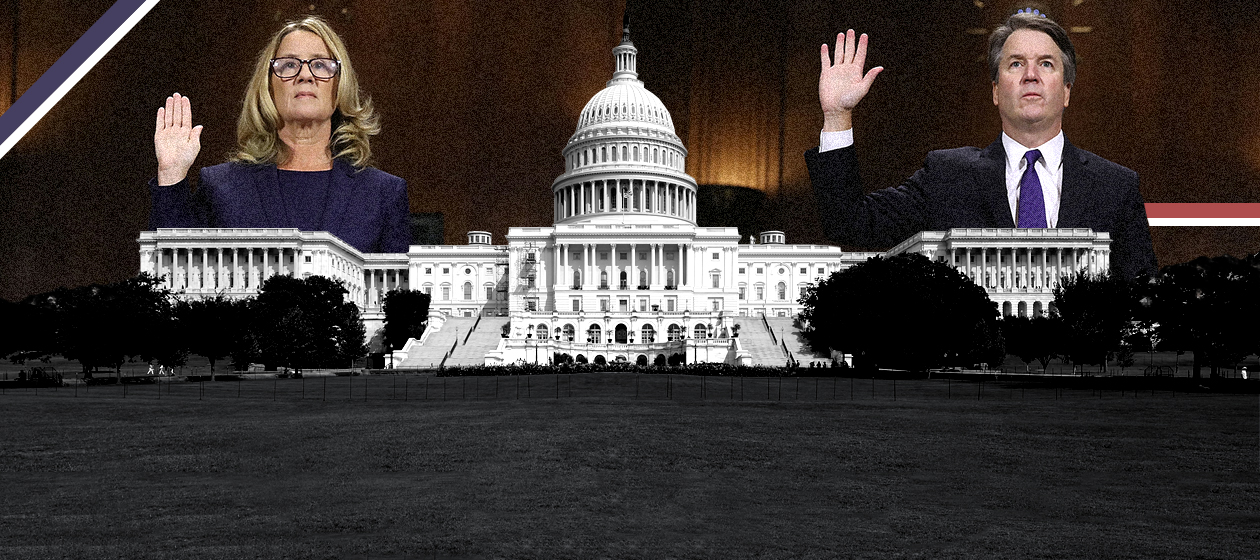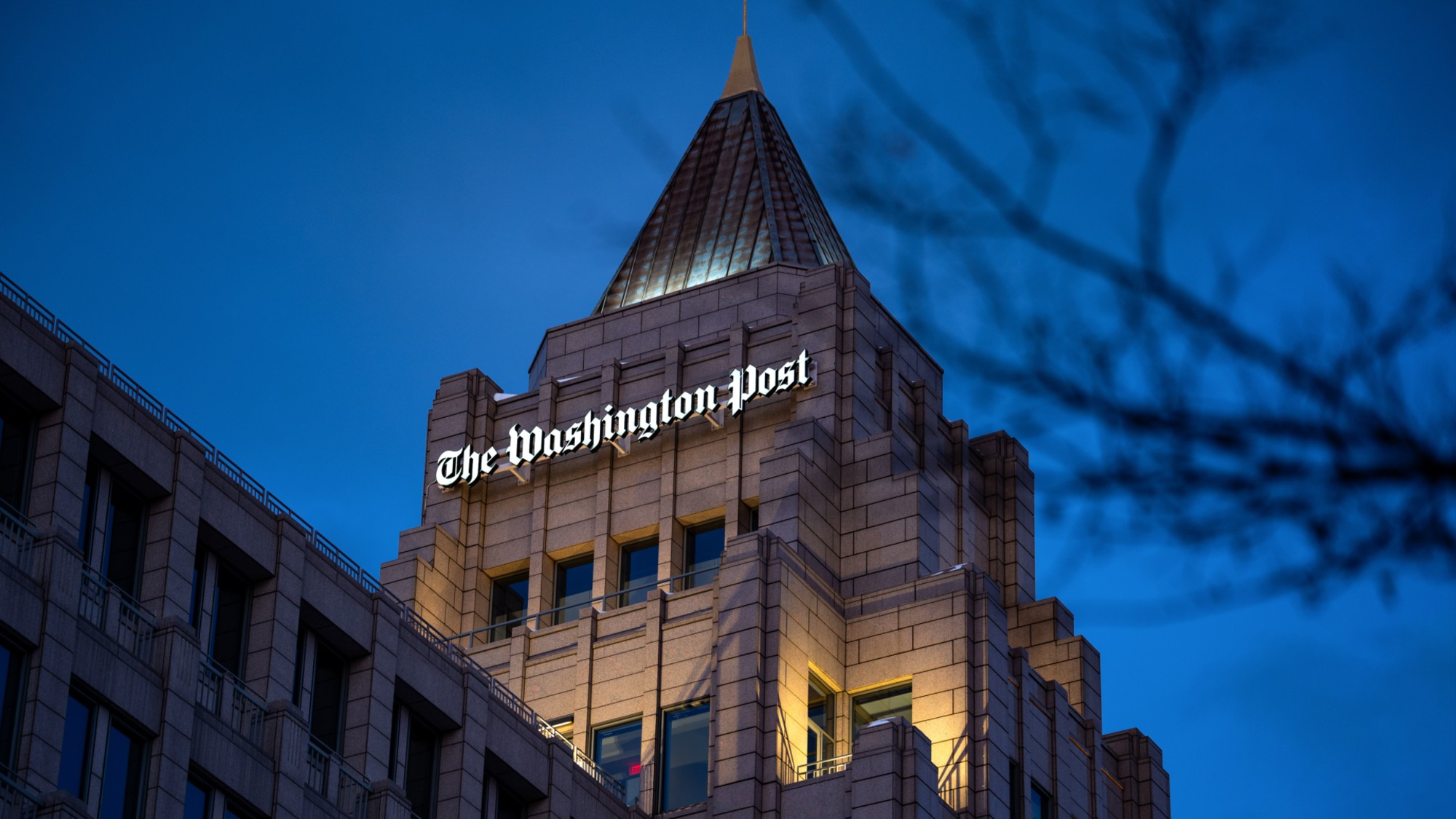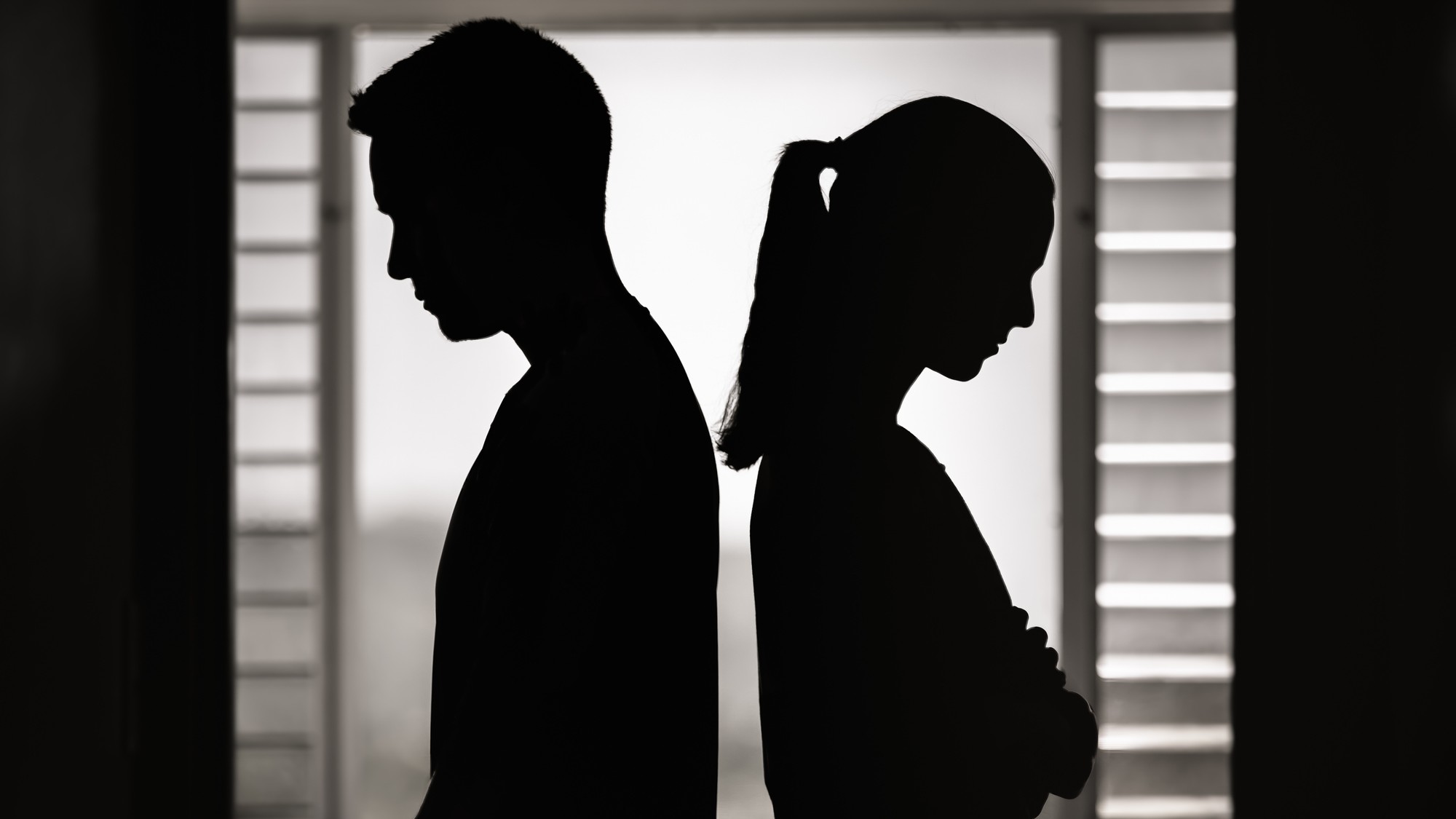What the Kavanaugh fight means for the midterms
How will the Kavanaugh fight affect the midterms? How about: Not at all.


A free daily email with the biggest news stories of the day – and the best features from TheWeek.com
You are now subscribed
Your newsletter sign-up was successful
Brett Kavanaugh's likely confirmation to the Supreme Court will not have any meaningful effect on this fall's elections. What for the political class and its hangers-on is an all-consuming obsession is of almost no consequence to many millions of voters, who are either uninterested in the politics of the high court or have made up their minds about what candidate or party they would be supporting long ago — or both.
The most difficult thing for journalistic observers of Washington is to acknowledge that voters do not share their interests or priorities. This is the case not least of all for conservatives, who seem to be under the impression that any delay — for another FBI background investigation, for example — would "cost" the GOP in the midterms. It is not at all clear that there exists a significant voting bloc of persons whose minds will be made up on the basis of how the Republican Party behaves in the next few days. Those who are members of the conservative movement, who read The Federalist or are inclined to care what Rich Lowry has to say about current affairs, will vote for Republican candidates no matter what. If the vote is delayed for some procedural reason they will not stay home in significant numbers. The conservative commentariat does not understand the rhetorical tool upon which President Trump has relied over and over again to explain his failures to live up to his campaign promises — vague complaints about Democratic intransigence and intra-party disloyalty. No one is withholding his vote for a Republican Senate candidate on the basis of grandstanding by the outgoing Jeff Flake.
Meanwhile, for Democratic senators who will not face meaningful opposition in November, Kavanaugh's nomination and likely confirmation are little more than an opportunity for fundraising and marginally useful get-out-the-vote efforts. For red-state Democrats such as Sen. Joe Donnelly in Indiana, it is far easier to justify voting no in the hope of shoring up the youth vote in major metropolitan areas than it would be to go along with confirming one of President Trump's judicial nominees to appease pro-life voters. But this is only the case because Donnelly has nothing to lose. Polling suggests that Mike Braun, his Republican opponent, has a small advantage, one that he enjoyed long before the present controversy surrounding Kavanaugh. There is good reason to think that if Donnelly goes down he will do so regardless of his confirmation vote; siding with his Democratic colleagues meanwhile provides him with a small chance of mobilizing what passes for the liberal grassroots in his home state while improving his occasionally strained relationship with party leadership. The same thing is true of Sen. Claire McCaskill in Missouri. Her inability to find a successor to Todd Akin has made her moderate schtick harder to maintain. Voting for Kavanaugh would alienate her from her party and gain her very little with swing voters.
The Week
Escape your echo chamber. Get the facts behind the news, plus analysis from multiple perspectives.

Sign up for The Week's Free Newsletters
From our morning news briefing to a weekly Good News Newsletter, get the best of The Week delivered directly to your inbox.
From our morning news briefing to a weekly Good News Newsletter, get the best of The Week delivered directly to your inbox.
When it comes to the House of Representatives it is even more difficult to see how what happens with Kavanaugh makes any real difference. In those districts where Hillary Clinton beat Trump by significant margins while Republican congressmen were retained, the momentum has been with Democrats for a long time. The impending "blue wave" or azuline tsunami or whatever we are supposed to be impressed by is not a progressive phenomenon. It is the response of suburban voters to a president into whose image the GOP has been subsumed in the popular imagination. Neoliberal Democrats will safeguard these voters' interests just as well as business-class Republicans.
All of which is to say that the interesting questions about Kavanaugh and the politics of the legislative branch will be answered next year after Democrats (presumably) take back the House. There is every reason to think that Trump's judicial nominee will be impeached, like the man himself, though not successfully removed from office, barring a Democratic takeover of the Senate that looks as unlikely now as it did two months ago. The last time a Supreme Court justice was impeached was in 1805, when, at the instigation of Thomas Jefferson, Samuel Chase and other Federalist Party appointees were accused of allowing their decisions to be affected by partisan considerations. Chase was not removed from office by the Senate, and he remained on the bench for another six years, until his death in 1811. Nowadays it is expected that justices will carry out the political agenda of those who appoint them. This is why their nominations have become the most contentious feature of American politics. An impeached Kavanaugh will be a moral victory for Democrats and another occasion for donor emails, but nothing else.
It is nice to think that we live in interesting times, that the mentally and spiritually taxing business of calmly responding to over-the-top responses to faithless accusations of feigned partisan outrage is on the verge of giving way to a new era of moral clarity. But the recent significant changes in American politics — the weakening of the legislature, the widespread loss of faith in institutions, the erosion of the post-war consensus about the necessity of a welfare state and a quasi-planned economy — have been slow to come. One vote will not alter the course of our national life.
A free daily email with the biggest news stories of the day – and the best features from TheWeek.com
Matthew Walther is a national correspondent at The Week. His work has also appeared in First Things, The Spectator of London, The Catholic Herald, National Review, and other publications. He is currently writing a biography of the Rev. Montague Summers. He is also a Robert Novak Journalism Fellow.
-
 History-making moments of Super Bowl halftime shows past
History-making moments of Super Bowl halftime shows pastin depth From Prince to Gloria Estefan, the shows have been filled with memorable events
-
 The Washington Post is reshaping its newsroom by laying off hundreds
The Washington Post is reshaping its newsroom by laying off hundredsIn the Spotlight More than 300 journalists were reportedly let go
-
 Quiet divorces are sneaking up on older couples
Quiet divorces are sneaking up on older couplesThe explainer Checking out; not blowing up
-
 The billionaires’ wealth tax: a catastrophe for California?
The billionaires’ wealth tax: a catastrophe for California?Talking Point Peter Thiel and Larry Page preparing to change state residency
-
 Bari Weiss’ ‘60 Minutes’ scandal is about more than one report
Bari Weiss’ ‘60 Minutes’ scandal is about more than one reportIN THE SPOTLIGHT By blocking an approved segment on a controversial prison holding US deportees in El Salvador, the editor-in-chief of CBS News has become the main story
-
 Has Zohran Mamdani shown the Democrats how to win again?
Has Zohran Mamdani shown the Democrats how to win again?Today’s Big Question New York City mayoral election touted as victory for left-wing populists but moderate centrist wins elsewhere present more complex path for Democratic Party
-
 Millions turn out for anti-Trump ‘No Kings’ rallies
Millions turn out for anti-Trump ‘No Kings’ ralliesSpeed Read An estimated 7 million people participated, 2 million more than at the first ‘No Kings’ protest in June
-
 Ghislaine Maxwell: angling for a Trump pardon
Ghislaine Maxwell: angling for a Trump pardonTalking Point Convicted sex trafficker's testimony could shed new light on president's links to Jeffrey Epstein
-
 The last words and final moments of 40 presidents
The last words and final moments of 40 presidentsThe Explainer Some are eloquent quotes worthy of the holders of the highest office in the nation, and others... aren't
-
 The JFK files: the truth at last?
The JFK files: the truth at last?In The Spotlight More than 64,000 previously classified documents relating the 1963 assassination of John F. Kennedy have been released by the Trump administration
-
 'Seriously, not literally': how should the world take Donald Trump?
'Seriously, not literally': how should the world take Donald Trump?Today's big question White House rhetoric and reality look likely to become increasingly blurred
